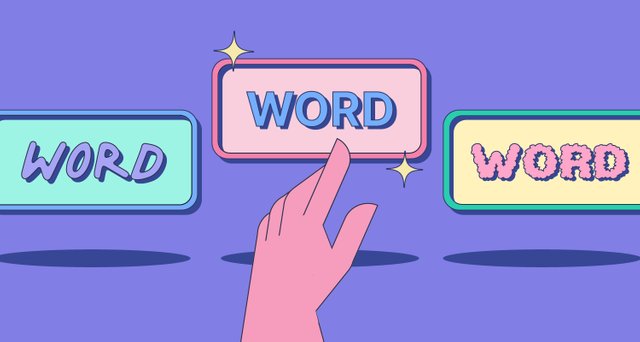The Dual Nature of Language: Exploring Words as Both Verbs and Nouns

In the intricate tapestry of language, words often wear multiple hats, seamlessly transitioning between different grammatical roles. Among these linguistic chameleons, perhaps none are as versatile as those that can function as both verbs and nouns. These words blur the lines between action and object, embodying the dynamic nature of communication. Let’s delve into this fascinating phenomenon and explore some examples of words that effortlessly straddle the divide between being a verb and a noun.
Run: Whether you're lacing up your shoes for a jog or describing the act itself, "run" exemplifies this dual nature. "She went for a run" showcases its noun form, while "He likes to run in the morning" demonstrates its use as a verb.
Jump: From "a high jump" to "to jump over," this word effortlessly transitions between noun and verb, embodying the physicality of movement.
Play: Children engage in "play" as a noun, while adults may "play" a sport or "play" a musical instrument, showcasing its versatility.
Cook: A chef might be referred to as "a good cook," while they simultaneously "cook" a delicious meal, illustrating the dual role of this word.
Dream: We have "dreams" that we aspire to achieve, yet we also "dream" while we sleep, highlighting the different contexts in which this word operates.
Read: Whether indulging in "a good read" or deciding to "read" a book, this word effortlessly shifts between noun and verb.
Break: You might take a "coffee break" or "break" a vase, showing how the same word can convey vastly different meanings depending on its usage.
Work: While you might discuss your "work" in a professional context, you also "work" on projects or tasks, showcasing its adaptability.
Fight: Whether referring to "a fight" between two individuals or one's decision to "fight" for a cause, this word embodies both conflict and determination.
Dance: You might enjoy "a dance" at a party or choose to "dance" to your favorite song, illustrating its ability to convey both a noun and a verb.
These examples merely scratch the surface of the myriad words that seamlessly transition between being a verb and a noun. The flexibility of language allows for this fluidity, enabling us to express a wide range of thoughts, actions, and concepts with just a single word.
Understanding the dual nature of these words not only enriches our vocabulary but also deepens our appreciation for the complexities of language. It reminds us that communication is not static but rather a dynamic interplay of words and meanings, constantly evolving and adapting to suit our needs. So, the next time you encounter a word that can function as both a verb and a noun, take a moment to appreciate its versatility and the beauty of language itself.